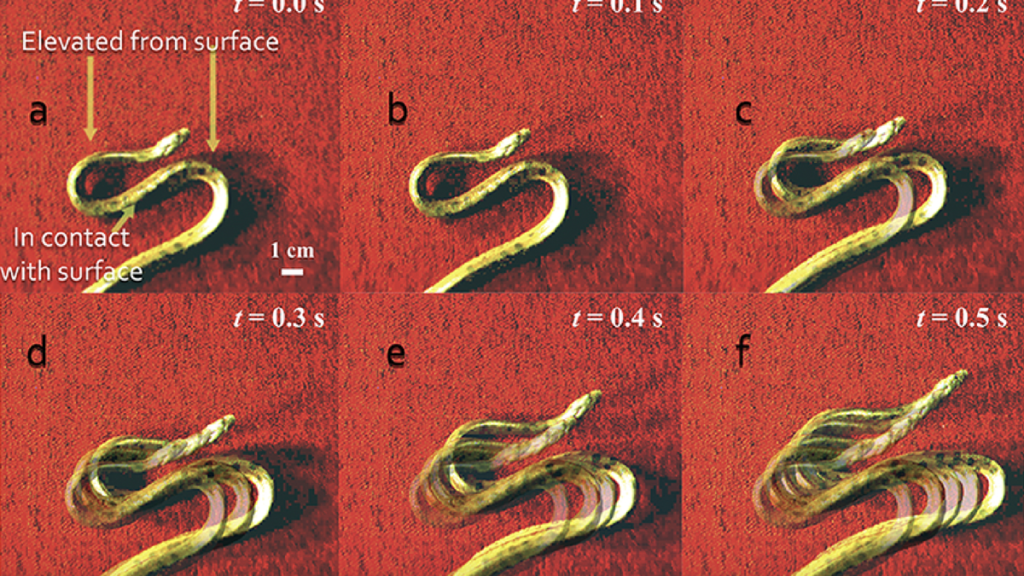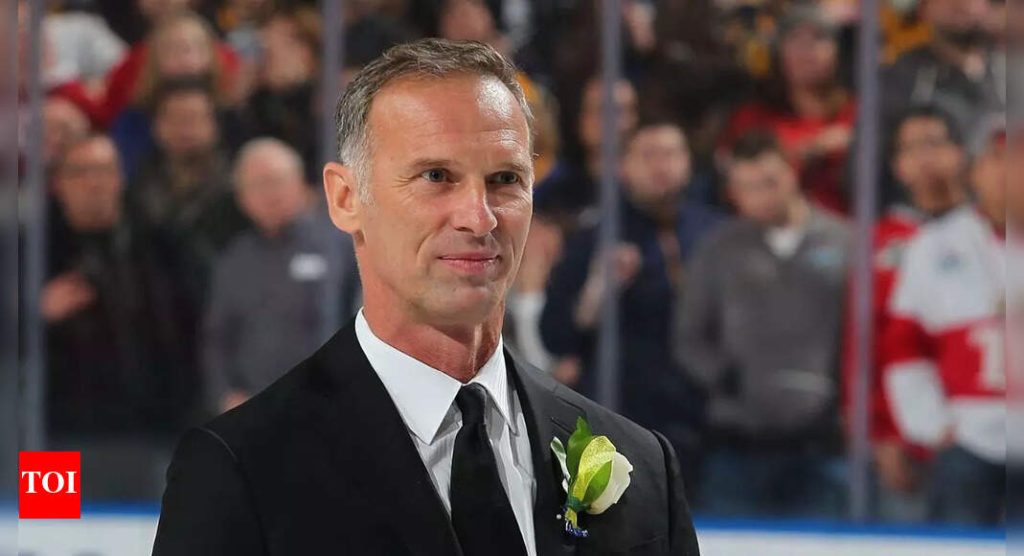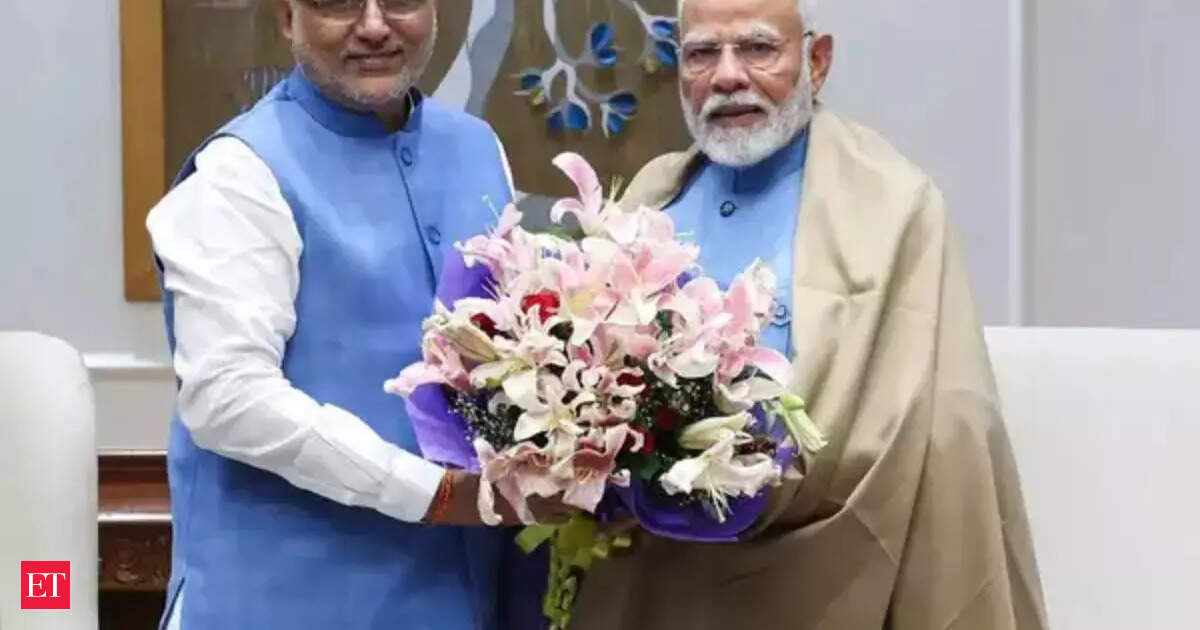Now Reading: Kanika Kapoor Exposes Bollywood’s Rs 101 Payment for Hit Songs
-
01
Kanika Kapoor Exposes Bollywood’s Rs 101 Payment for Hit Songs
Kanika Kapoor Exposes Bollywood’s Rs 101 Payment for Hit Songs

Quick Summary
- Kanika Kapoor, noted playback singer for hit Bollywood songs like Baby Doll and Chittiyaan Kalaiyaan, disclosed shocking details about the treatment of artists in the Indian music industry.
- Kapoor revealed she has been paid as little as Rs 101 for her work, highlighting an industry-wide issue where playback singers receive token payments without royalties or publishing rights.
- she claimed even celebrated singers have faced similar financial neglect and pointed to a system that frames minimal payments as favors to artists.
- Playback singers primarily rely on income from live performances,which is contingent on their ability to perform. There are no fallback pension plans for retirement or long-term support.
- Kapoor described widespread challenges faced by artists within the industry dynamics, stating independent musicians might fare better financially by controlling their work outside Bollywood’s playback system.
Indian Opinion Analysis
Kanika Kapoor’s statements bring attention to structural inequalities in India’s music industry. The revelation of token payments such as Rs 101 raises concerns about how legacy systems undervalue creative contributions despite commercial success. The absence of royalties and publishing rights reflects practices rooted in outdated models that fail to adapt to modern standards protecting intellectual property.
The reliance on live performance income further underscores vulnerabilities for singers who may face difficulties due to health issues or age. This creates an unsustainable model where heavy dependence on physical endurance limits long-term career stability.
For India’s creative ecosystem, fixing these gaps could be vital-not just for artist welfare but also incentivizing innovation within the broader cultural space. Addressing financial insecurity might motivate aspiring musicians while ensuring fair compensation aligns wiht international norms. Though, change requires actionable policy shifts or collective bargaining efforts from stakeholders across the entertainment sector.Read More

























